Site under Maintenance
Dear visitors,
We would like to inform you that Ravel Finance is currently undergoing a restructuring process. This process will take time, and for this reason our website is temporarily unavailable.
We are not taking on any new customers during this restructuring period.
However, our existing customers can still log in by clicking on the "Log in" button below.
Thank you for your understanding and patience.
Yours sincerely
The Ravel Finance team
